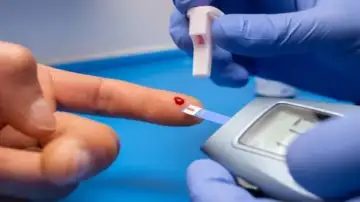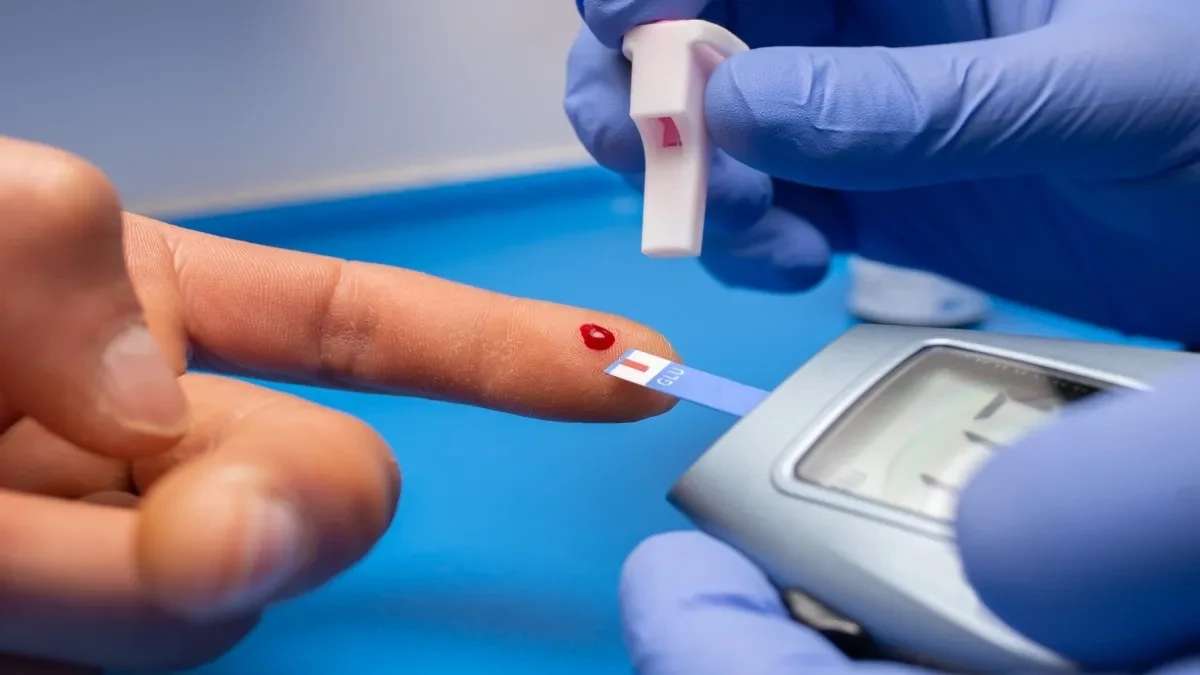When people hear the word diabetes, the first thought that comes to mind is high blood sugar. Rarely do they immediately think about the heart.
Yet, the two are closely connected in ways that can dramatically affect long-term health.
Boldsky spoke with Dr H Guru Prasad, Clinical Director and HOD, General Medicine at CARE Hospitals, Hyderabad, to understand why managing diabetes is not just about controlling sugar; it is about protecting your heart. In this insightful conversation, Dr Prasad explains the silent risks, the lifestyle changes that truly matter, and why treating diabetes is essentially making the smartest heart decision of your life.

Diabetes Can Directly Affect Your Heart Health
Many people don’t realise how strongly diabetes and heart health are linked. Dr Prasad says, ‘diabetes doesn’t just raise blood sugar; it damages blood vessels over time. Persistently high sugar levels injure the inner lining of arteries, making them prone to atherosclerosis, which is plaque build-up. This narrows the arteries and increases the risk of heart attacks and strokes.’
Diabetes also doesn’t come alone. It often coexists with high blood pressure, abnormal cholesterol, excess weight, and inflammation. All these combined accelerate heart disease risk significantly. So, for patients with diabetes, every small rise in blood sugar matters not just for sugar control but for heart protection.
Warning Signs You Shouldn’t Ignore
The biggest challenge is that heart disease in people with diabetes can be silent, which makes it quite dangerous, says Dr Prasad. ‘Classic chest pain during a heart attack may not occur because diabetic nerve damage blunts the pain signals. Instead, patients may experience subtle symptoms like fatigue, shortness of breath, dizziness, or even discomfort in the jaw or arm,’ he says.
Sadly, many wait until symptoms worsen. That’s risky. Regular heart check-ups, like ECGs, echocardiograms, or stress tests, are critical. They help us catch problems early, before they become life-threatening, he adds.

How Diabetics Can Protect Their Heart Health?
Dr Prasad says, management requires a three-pronged approach: lifestyle, medication, and monitoring.
Lifestyle is the first line of defense. Balanced meals with vegetables, whole grains, lean protein, and healthy fats stabilize sugar and protect the heart. Avoiding trans fats and processed foods is equally important. Exercise; at least 150 minutes a week of brisk walking, swimming, or cycling; not only lowers blood sugar but also strengthens the heart.
‘Medications play a vital role too. Beyond the traditional sugar-lowering drugs, newer therapies such as SGLT2 inhibitors and GLP-1 receptor agonists offer dual benefits. They don’t just regulate sugar but also protect the heart and kidneys. Depending on risk factors, doctors may prescribe statins or blood pressure medications as well,’ he says.
Finally, monitoring ties it all together. Sugar checks alone aren’t enough. HbA1c, cholesterol levels, and blood pressure give us the complete picture, says Dr Prasad. Regular follow-ups prevent complications before they spiral out of control.
‘It Is Not About Living Longer, But Better’
Diabetes management is not about choosing between sugar control and heart protection; they are inseparable. Every effort to reduce sugar levels directly benefits the heart, says Dr Prasad.
It’s not just about living longer; it’s about living better, with fewer complications, more energy, and better quality of life. Every small choice matters. Each healthy meal, each walk, every check-up; it all adds up. Patients often underestimate how powerful their daily decisions are.
Managing diabetes is not just about numbers on a glucometer. It’s about protecting your most vital organ: your heart. As Dr H Guru Prasad reminds us, ignoring this connection can be life-threatening, but addressing it can be life-saving.
So, the smartest heart decision you can make today is managing your diabetes consistently. By taking control now, through lifestyle, medicines, and regular monitoring, you’re not just managing a condition, you’re safeguarding your future.
